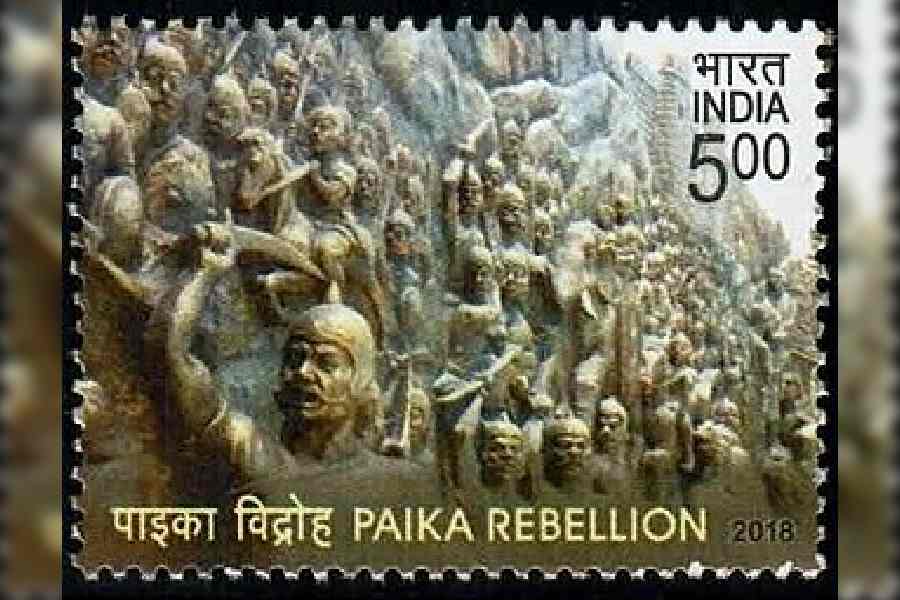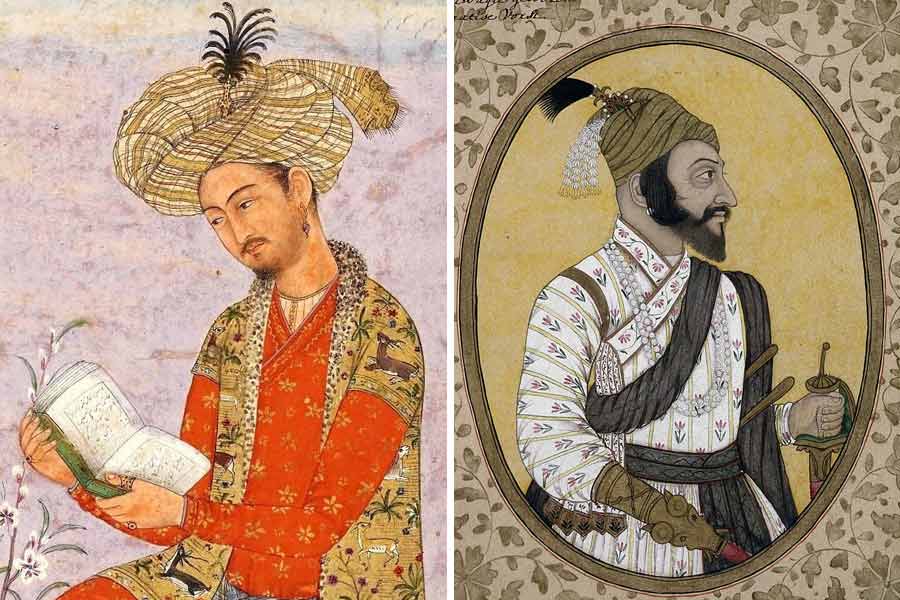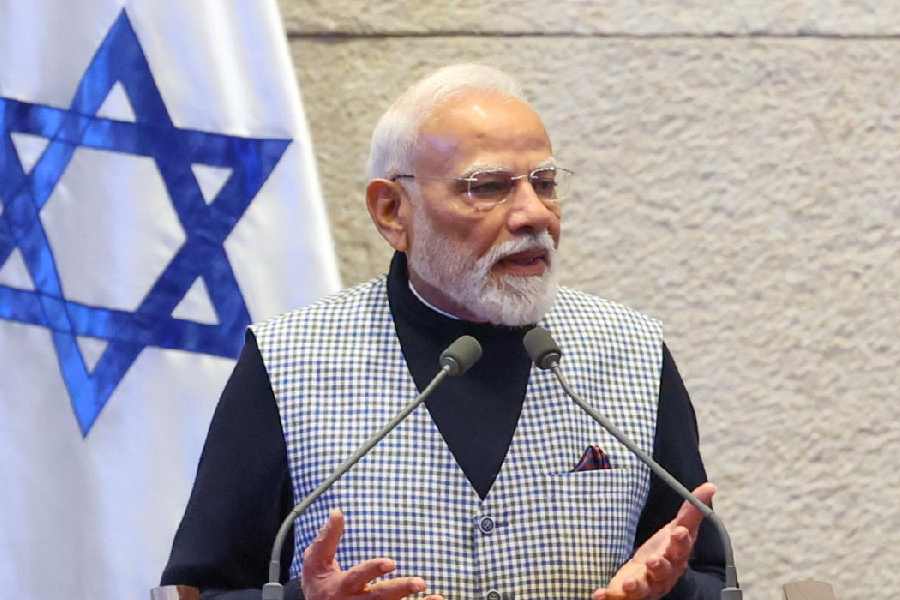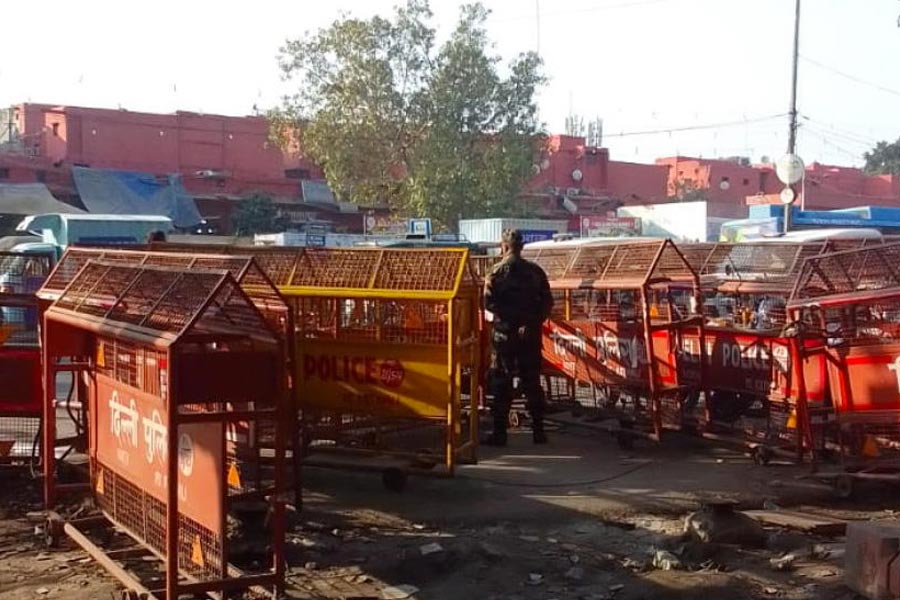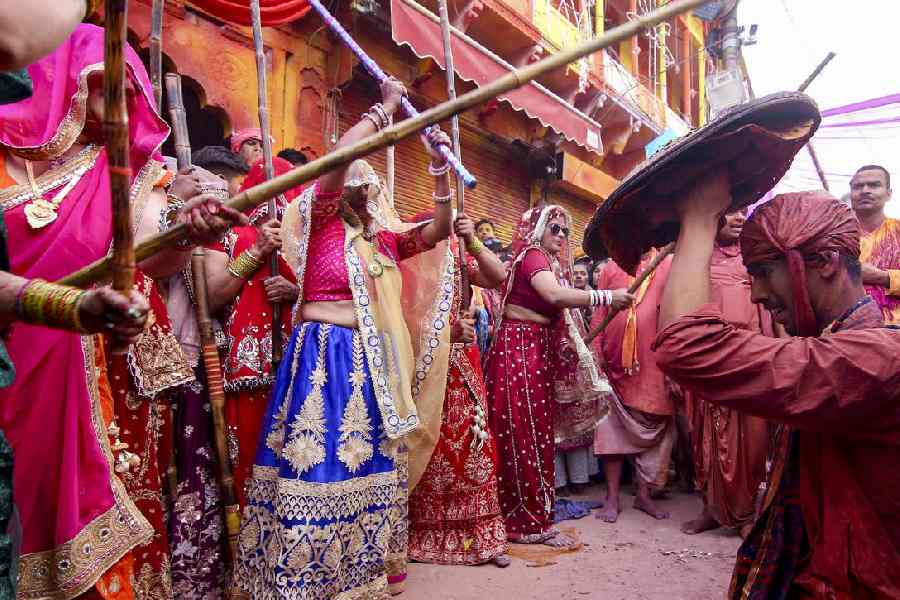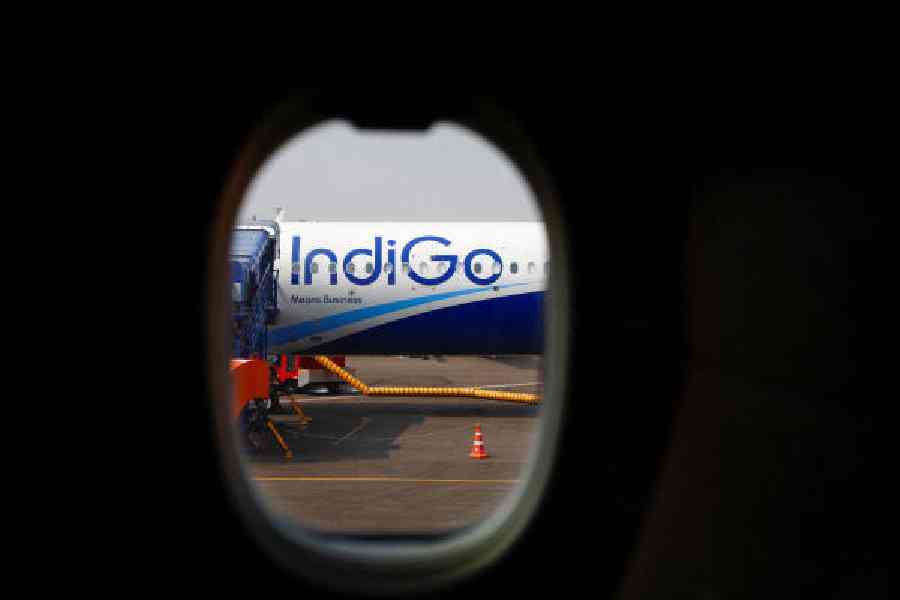The decision by the National Council of Educational Research and Training (NCERT) to drop Odisha’s Paika Rebellion from school history textbooks has triggered criticism from former Odisha Chief Minister and current Leader of Opposition Naveen Patnaik. He called it a “huge dishonour” to the state’s legacy of resistance against colonialism.
In a strongly worded social media post, Patnaik wrote, “Deeply concerned to know that the National Council of Educational Research and Training (@ncert) has dropped #Odisha’s Paika Rebellion or Paika Bidroha from its textbooks. The Paika rebellion was a watershed moment in Odisha’s history as our brave Paikas fought with extraordinary courage against oppressive British way back in 1817.”
Patnaik reiterated his long-standing appeal to the Centre to declare the rebellion, led by Buxi Jagabandhu in Khurda, as India’s first war of independence, one that predated the 1857 Sepoy Mutiny by four decades.
“The omission of the epic rebellion from NCERT text books, which took place 40 years before the sepoy mutiny is a huge dishonour to our brave Paikas, 200 years after the rebellion which became torchbearer for people’s movement against British rule,” he added.
He urged Odisha Chief Minister Mohan Charan Majhi and Union Education Minister Dharmendra Pradhan to intervene and “ensure that justice is done to Paika Bidroha and Odisha.”
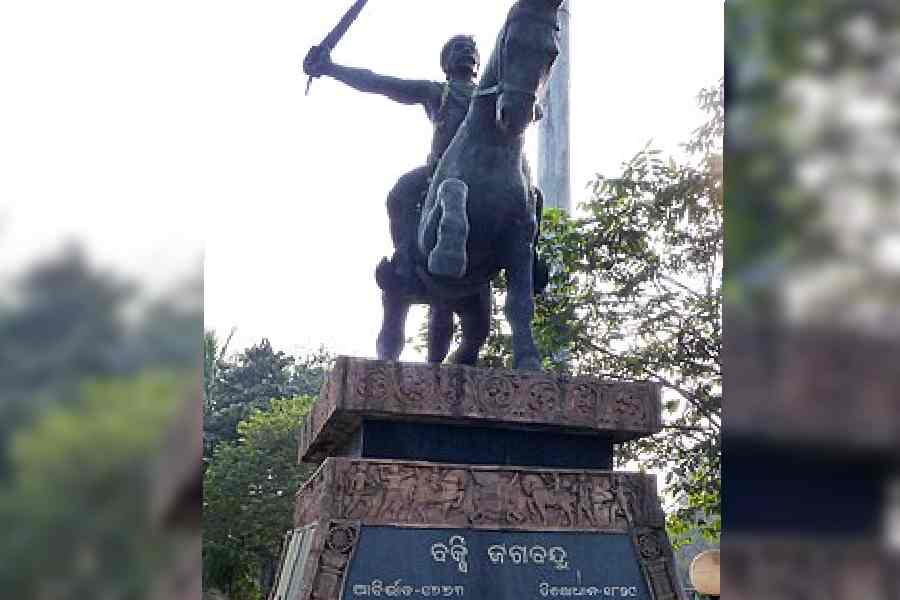
Statue of Bakshi Jagabandhu, the leader of Paika Rebellion, in Bhubaneswar.(PTI)
The exclusion comes as part of NCERT’s new social science textbook Exploring Society: India and Beyond, released last week under the revised National Curriculum Framework for School Education (NCF-SE) 2023 and the NEP 2020.
While the older Class VIII history book Our Past-III included a dedicated passage describing the Paika rebellion as the “first anti-British uprising”, the new textbook has omitted it entirely.
Instead, the updated curriculum includes content on four other early resistance movements, the Sannyasi-Fakir rebellion (post-1770 Bengal famine), the Kol uprising (1831–32) in Chota Nagpur, the Santhal rebellion (1855–56) in Jharkhand and Bengal, and the Indigo revolt (1850–62).
Political backlash: ‘Odia pride forgotten’
Rabindra Nath Behera, president of the Samajwadi Party in Odisha, called the omission “an insult to the valour and courage of the Paikas and their sacrifice in the anti-colonial struggle.”
Behera said, “When a young and dynamic son of Odisha, Dharmendra Pradhan, is heading the education ministry, such an act by the NCERT bears a deep scar on the pride of Odisha and the sacrifice of its worthy sons. Pradhan had forced the BJD government of Odisha to write a letter to the Centre to declare this rebellion as the first war of independence. Now the political ecosystem has forgotten about Odia pride.”
The BJP and BJD have previously competed to gain credit for elevating the historical status of the rebellion. In July 2017, the NDA government organised a high-profile event in New Delhi to mark 200 years of the uprising.
Prime Minister Narendra Modi had then felicitated descendants of 16 Paika families in Bhubaneswar, and the Centre had sanctioned Rs 200 crore for the bicentennial celebration.
Later that year, Union Minister Dharmendra Pradhan had publicly thanked Patnaik for demanding national recognition of the rebellion.
In December 2019, then President Ram Nath Kovind laid the foundation stone of a memorial at Barunai near Khurda, a key site associated with the rebellion.
After the Mughals, Paikas
The removal of the Paika Rebellion is the latest in a series of textbook changes under the Modi government.
The new Class 8 textbook portrays Mughal emperors Babur, Akbar, and Aurangzeb with an emphasis on violence and religious intolerance. Babur is described as a “brutal and ruthless conqueror… erecting towers of skulls”, while Akbar’s campaigns are linked to the massacre of 30,000 civilians in Chittorgarh. Aurangzeb is described as issuing edicts to demolish temples across India.
Sections previously describing the Mughal empire’s administrative systems and cultural contributions have been drastically reduced or removed.
The 2002 Gujarat riots and details of Mahatma Gandhi’s assassination involving the RSS were also removed in earlier revisions.
NCERT, in its defence, stated that the new books reflect “a wholly new approach” aligned with NEP 2020 and that any comparison with older versions is “fruitless.”
“The historical account given, while it does not sanitise history, is balanced and entirely evidence-based,” it said.
Is this a pattern of erasure?
This is not the first round of rationalisation.
In 2017, NCERT made 1,334 changes across 182 textbooks, citing the need to update content with ancient Indian knowledge systems and national schemes. In 2022–23, chapters on the Mughals and other sensitive subjects were removed, with the council citing pandemic-related academic stress.
For Odisha, the exclusion of the Paika Rebellion feels like one more chapter erased from its story... a story many believe is foundational not just to the state, but to the nation's struggle against colonial rule.

